Productivity plays a crucial role in economic development and growth. The book first deals with the concept and determinants of labour productivity. The theoretical model on which this research work is based is applicable both to micro-economic and macro-economic plane. The Coal Mining Industry, being an extractive one, the Productivity of this industry has an additional dimension: that of, conservation of resources. This is because, the raising of labour productivity, and thereby, maximizing profit, often runs into conflict with the principle of conservation of resources. An economist can only furnish the conceptual aspect of the phenomenon in economic terms, not technical optimal combination. On correlation with wages and non-wages income, it has been postulated that5 the major share of gains in labour productivity should accrue to the workers until the wages reach a fair level in keeping with health, efficiency and incentive if the workers. Beyond that, the productivity gains should be shared by labour, however, be ensured, in a developing economy, that the productivity gains accruing as non-wage income is not frittered away on conspicuous consumption, and reinvested for raising the labour productivity itself through development along scientific lines and modernization so as to, on the whole, promote economic development.
ABOUT THE AUTHOR S. Datta
Being all through a student of Calcutta University since Matriculation, the author completed his post-graduation in 1958 and joined college service in 1959. While in service, he obtained his Ph.D. degree in 1971. He published a large number papers in the economic Notebook of renowned Newspapers as will as Economic Journals. When the categorization of college teachers introduced by the UGC for the first time in 1986, he was promoted by the UGC for the first time in 1986, he was promoted to the post of Reader. He would become a Professor but there is no post of professor in the Non-Government colleges in W.B. Being committed of Principal of a college. He underwent an orientation course as Academic Councillor in the Eastern regional Centre in Calcutta of the Indira Gandhi national Open University in 1991 and has been continuing since then in that capacity (Counseling in postgraduate level). He emulates the spirit, (in his opinion, as a humble student), of Marxism that has imbibed in his think –reservoir an outlook of treating Social Science – and explaining social phenomena – in its totality embracing Political Economy, Political Philosophy, History and Sociology, and More importantly, from the standpoint of a [particular philosophy, while expressing his position in regard to the same in the words of karl Marx himself, “All I Know is that I am not a Marxist†in the same sense as the great philosopher, obviously with far greater humility. On Philosophical plane, the author is an existentialist in individual life. He considers human freedom as sacrosanct above everything else. To him, the extent of freedom enjoyed by the people of a society is the index of development and cultural advancement; the denial of freedom to himself and/or others is the most immoral act perpetrated by man.

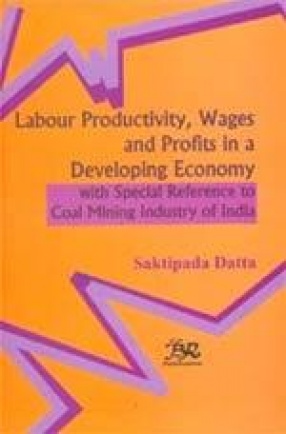
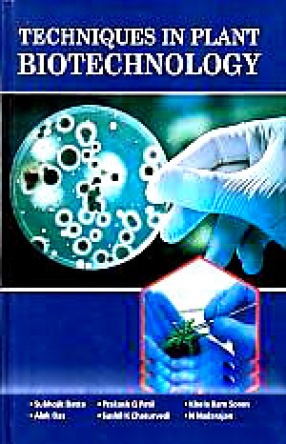
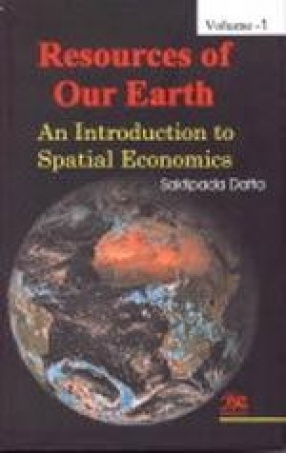
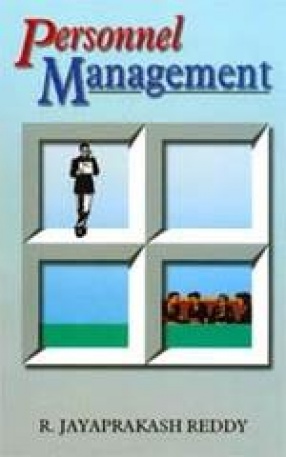
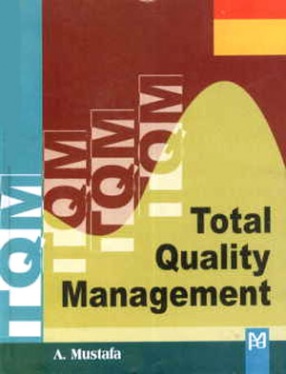
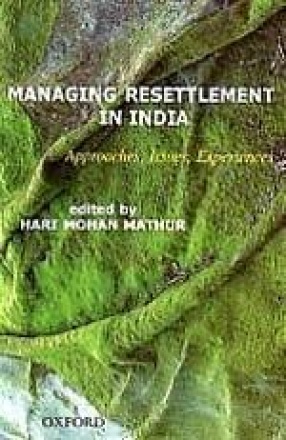
There are no reviews yet.